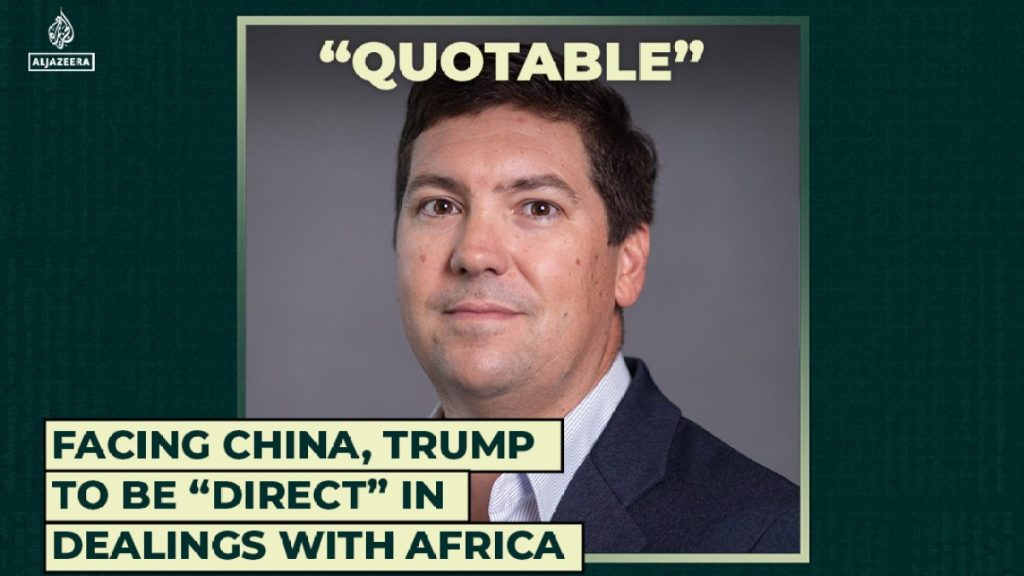The Trump administration has indicated that it plans to take a more direct approach in its dealings with African countries, particularly in the face of increasing Chinese influence on the continent. This shift in strategy is motivated by concerns over China’s growing economic and political presence in Africa, as well as its large investments in infrastructure projects and natural resource extraction.
The administration’s decision to take a more assertive stance towards Africa comes as part of a broader effort to counter China’s influence on the global stage. This includes a focus on securing key resources and strategic assets in Africa, as well as promoting American business interests in the region. The administration has also expressed concern about China’s “debt trap diplomacy” in Africa, where countries become heavily indebted to China through loans for infrastructure projects.
In response to China’s growing influence in Africa, the Trump administration has emphasized the need for African countries to work with the United States to promote economic growth, ensure transparency in business dealings, and uphold democratic values. The administration has also sought to strengthen partnerships with African countries in areas such as security, counter-terrorism, and peacekeeping efforts. This reflects a broader effort by the United States to bolster its presence and influence in Africa, in part to counter China’s expanding footprint on the continent.
The administration’s efforts to counter China’s influence in Africa have been met with mixed reactions from African leaders and policymakers. While some have welcomed the United States’ more direct approach and efforts to promote economic growth and development in the region, others have expressed concerns about the potential negative impacts of increased US involvement in Africa. This includes worries about American interference in domestic affairs, as well as fears that the United States is primarily motivated by its own strategic and economic interests.
Overall, the Trump administration’s stance towards Africa signals a shift towards a more assertive and direct approach in its dealings with the continent, particularly in response to China’s growing influence. The administration’s focus on promoting economic growth, transparency, and democratic values in Africa reflects a broader effort to counter China’s expanding footprint on the continent. However, the administration’s approach has been met with mixed reactions from African leaders, who vary in their opinions on the potential impacts of increased US involvement in the region. Ultimately, the United States’ efforts to counter China’s influence in Africa will likely continue to shape its foreign policy towards the continent in the coming years.













